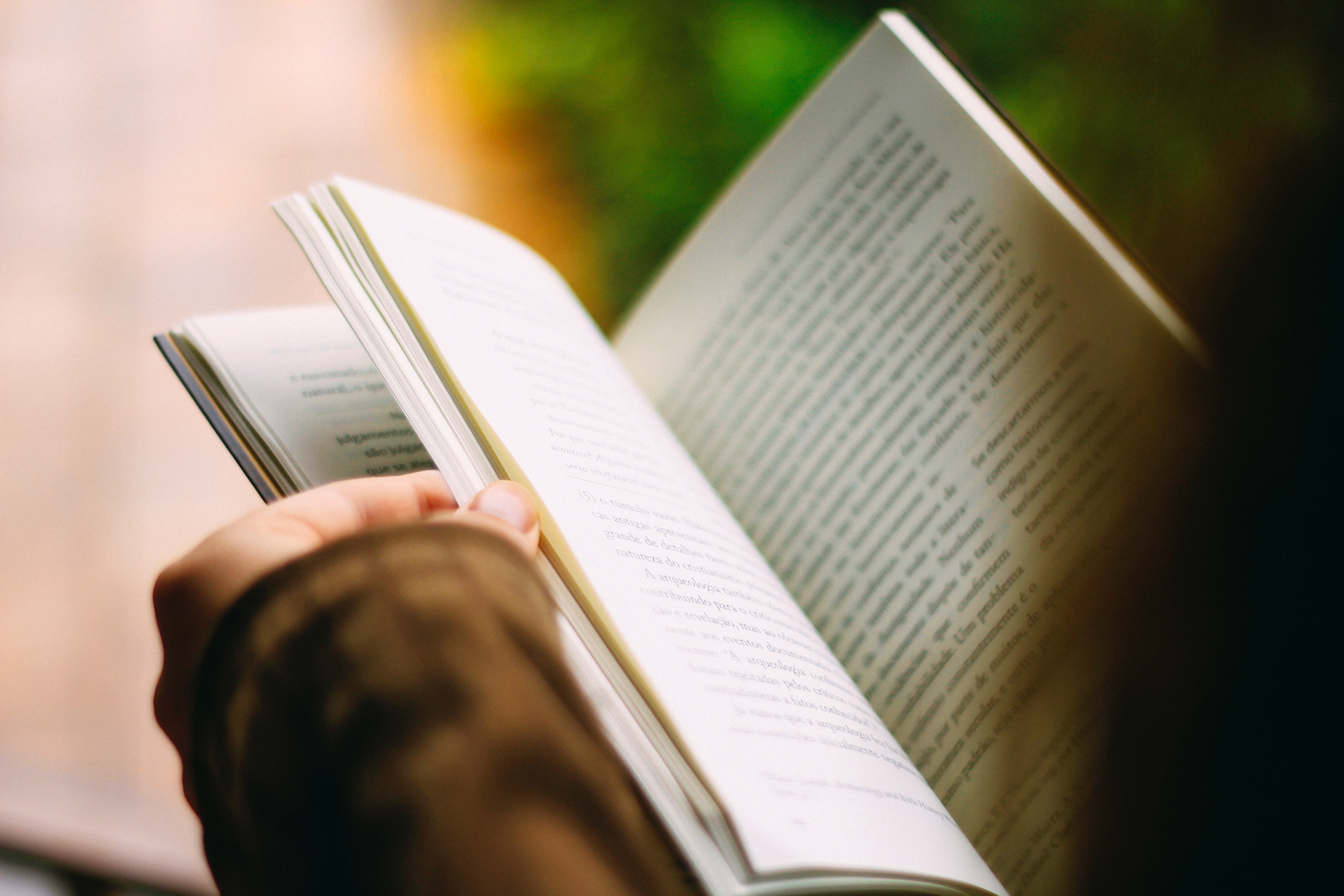
Stories help to make sense of the world, showcase different perspectives, and show us how problems can be overcome. It is also important to have stories that are not only about people from different walks of life, but also told or written by people from different walks of life. In the spirit of ‘nothing about us without us’, we’ve here are a few local and international titles written by PWDs about their life with disabilities.
The World I Live In, Helen Keller – Deafblindness
Helen Keller is arguably one of the most famous deafblind individuals known to history. In her book, she describes her experiences of the world and her inner mind. She also writes about the freedom she has claimed through language and writing. Though out of print for nearly a century, The World I Live In ensures her voice and her thoughts are still accessible today.
Laughing At My Nightmare / Strangers Assume My Girlfriend is My Nurse, Shane Burcaw – Spinal muscular atrophy
Shane writes about his condition in first person, with plenty of humour and no boundaries. It provides a valuable perspective on living with SMA and building relationships with other people. The book is recommended for teens and young adults (especially as it deals with more mature issues).
Planet of the Blind, Stephen Kussisto – blindness
Kussisto’s memoir describes how he transitions from passing as sighted to accepting his identity as a blind person. He is also a published poet. He uses poetic language to describe blindness, and encourages the reader to imagine what it would be like to live in a world where blindness is something ordinary.
Gelap Mata, Mohd Rosli Ibrahim – blindness and more
Rosli’s book talks about the struggles faced by the Malaysian PWD community, particularly the blind community. He covers law, religion, entertainment, education, social issues, positive representation and empowerment in a local context.
Monolog Budak Buta, Rashidi Abdullah – blindness
Rashidi is another local blind author who combines his story and personal journey with poetry. The book shares his experiences on adapting to blindness, as he developed glaucoma in his teens.
Loud Hands: Autistic People, Speaking, Julia Bascom – ASD
Loud Hands is a reference to stimming, and being able to express yourself naturally as an autistic person. The book collects essays written both by autistic people, and for autistic people. These essays span a wide period of time, recording both personal experiences and the history of the autistic community.
A Different Life: Growing Up Learning Disabled and Other Adventures, Quinn Bradlee, Jeff Himmelman – Learning Disability
The son of a newspaper editor and bestselling author, Quinn Bradlee grew up as a sickly child with learning disabilities. He writes with humour and honesty about the challenges and joys he faced in life.
My Stroke of Insight: A Brain Scientist’s Personal Journey, Jill Bolte Taylor – stroke
Brain scientist Jill Taylor had a stroke at 37. Because of her background, she was able to study her loss of brain function with a more logical eye. This book shares her story as she recovered from her stroke, her recommendations, and insights on how the brain functions and can rebuild itself from trauma.
I’m Not Sick, Just a Bit Unwell / A Life Worth Living, Yvonne Foong – neurofibromatosis
Both of Yvonne’s books deal with her experiences with neurofibromatosis, a condition where multiple tumours grow in the nervous system. Though she faces loneliness and multiple challenges, she remains hopeful and continues to tell her story.
My Left Foot, Christy Brown – cerebral palsy
My Left Foot is a record of Brown’s childhood and teenage years. He was born with severe cerebral palsy that made him unable to communicate verbally or control his movements. While life and connecting with his other peers was difficult, his mother remained confident in his existing abilities and continued to encourage him to develop his talent for writing and painting.
The Diving Bell and the Butterfly, J. Bauby – locked-in syndrome
Bauby was the editor-in-chief of French magazine Elle and the father of two young children. After a severe stroke, he became completely paralysed and lost his speech. However, his mind remained active. Bauby dictated this book through blinking with his left eyelid, the one muscle he retained control of. It is a record of the struggles of locked-in syndrome, and also the strength of his spirit and imagination.
References
Goodreads (2019) Popular Disability Memoirs Books [Accessed: 30 September 2019] Available at: https://www.goodreads.com/shelf/show/disability-memoirs
Kenny F. (2017) 8 Books That Move Disability From the Margins to the Center [Accessed: 30 September 2019] Available at: https://lithub.com/8-books-that-move-disability-from-the-margins-to-the-center/
Nancy W., Lisa F. (2019) Recommended Books About the Disability Experience [Accessed: 30 September 2019] Available at: http://www.nlcdd.org/resources-books-movies-disability.html
Muhammad Mustakim R. (2017) Novel penulis buta jadi pedoman insan sempurna [Accessed: 30 September 2019] Available at: https://www.bharian.com.my/node/257597
Redzuan M. (2019) Celik mata hati… [Accessed: 30 September 2019] Available at: https://www.hmetro.com.my/utama/2019/07/479429/celik-mata-hati
Uthaya Sankar SB. (2015) Membimbing Penulis OKU [Accessed: 30 September 2019] Available at: http://uthayasb.blogspot.com/2015/09/oku.html